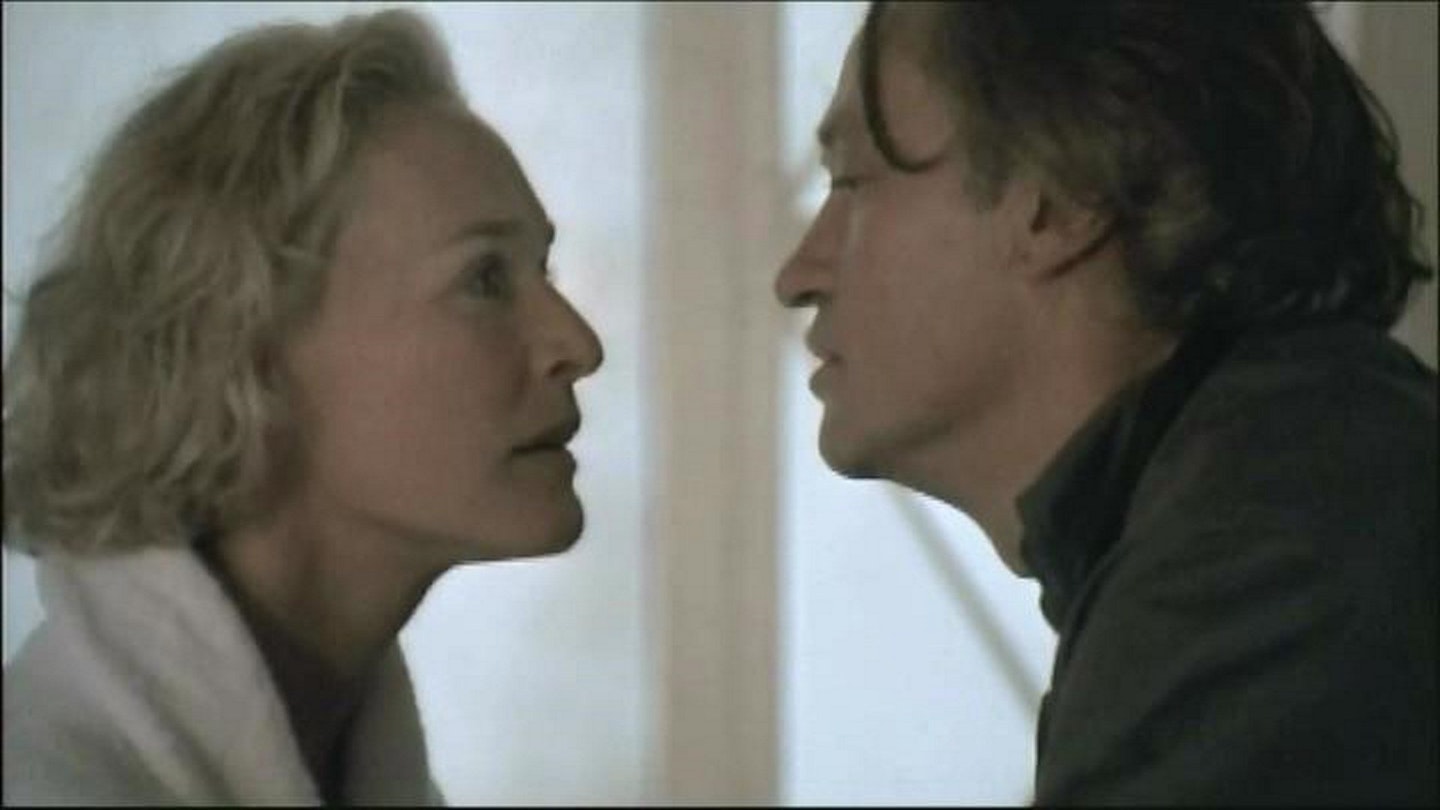Any film which bills itself, as indeed this one does, as being about life, love, music and the chaotic pursuit of happiness! deserves to be given the widest possible berth in the interest of preserving good taste alone. That particular option being closed to this reviewer, it is an enormous relief to report that Meeting Venus is actually really rather an entertaining, if somewhat low-key melodrama and a good deal less saccharine than its aforementioned blurb would suggest.
In part based on Hungarian writer/director Istvan Szabos own experiences of directing Wagners masterpiece Tannhauser in Paris, this has Frances Niels Arestrup as a virtually unknown Hungarian conductor, Zoltan Szanto, who is given the chance to conduct hey! Wagners masterpiece Tannhauser in Paris.
All things being well, the Opera Europa production with its multi-national cast and Swedish mega-diva Karin Anderson (Close, all aquiver with the dulcet tones of one Dame Kiri Te Kanawa) is to receive a worldwide satellite airing and Szanto, it follows, the fame-making limelight.
The hapless Szanto, however, gets far, far more than he had bargained for. Three weeks before the opera I have a difficult leading lady and a chorus that thinks only of its stomach, he observes wearily in a letter to his wife back home in Budapest, Szantos voice-over serving as a commentary on unfolding events back at the orchestra pit.
As opening night looms closer, moreover, Szanto finds himself increasingly besieged by mutinous musicians, predatory leading ladies and more bureaucratic red-tape than he can possibly hope to unravel. To cap it all, he embarks on an ill-judged liaison with Anderson although Close, her haircut straight out of Coronation Street and a wardrobe apparently tailored from potato sacks, makes an unlikely object of desire and the scene is set for a showdown of truly Wagnerian proportions.
Szanto's characters are universally beautifully observed particularly the outrageous Maite Nahyr, playing Venus like a loveable cross between Divine and Roseanne Barr on speed and check out those screen credits theres barely an American name between them. Arestrup, making his debut in an international film, easily holds his own against Close reprising Fatal Attraction hysteria to devastating effect and even manages a tearful close-up, which is presumably okay for a chap of the hot-blooded Eastern European kind.
Indeed, peppering his script with political in-jokes (Everything moves so slowly here, something to do with democracy) and references (Just because the American thinks he can bomb Libya or invade Panama he thinks he can push us around.), Szabo uses the petty in-fighting of his cast not only to poke a well-meaning finger at creative folk in general but also as a metaphor for what was actually happening in Europe. In many ways, it illustrates the contradictions inherent in the term United Europe and explains to some extent why with this very honourable exception, rescued from Columbia Pictures by the ten-exiting David Puttnam the European film co-production has never really taken off.
